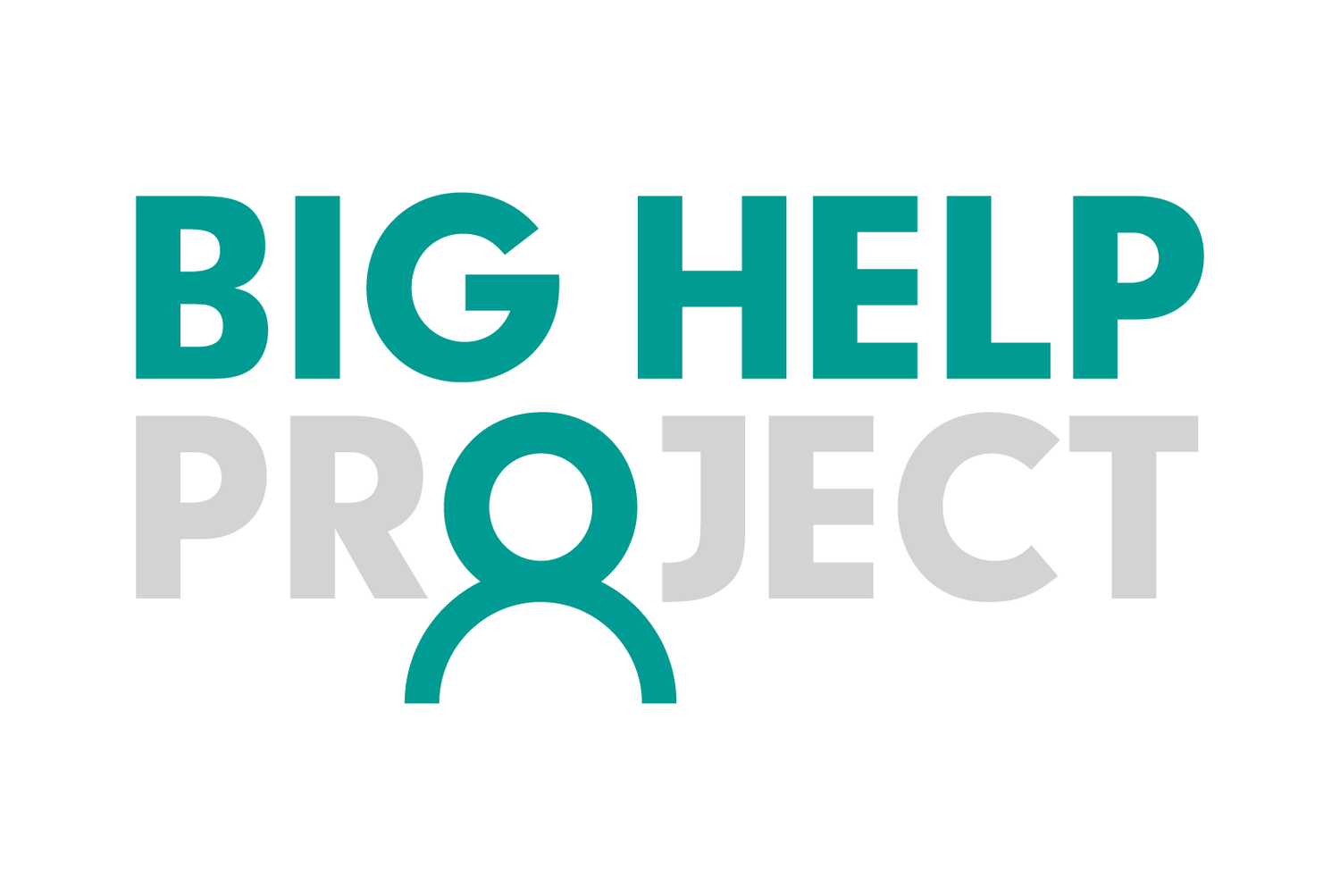A Fresh Start
The process of leaving prison and reintegrating into society can be incredibly challenging for individuals, as they face an environment that is challenging and actively deters them from becoming productive members of society. For many prison leavers, the lack of stable and supported housing can make the transition even more difficult. The evidence indicates that stable housing is a key factor in reducing recidivism and improving the mental health of prison leavers. And yet, the innumerable barriers which stand in the way of ex-offenders securing stable housing are a direct representation of the challenges ex-prisoners face upon release.
According to the Ministry of Justice, around half of the prisoners released in England and Wales re-offend within a year of release. Furthermore, a study by the National Offender Management Service found that individuals who had stable accommodation upon release were 9% less likely to re-offend than the 25.6% of offenders who were released from custody in England and Wales who went on to re-offend.
The mental health of prison leavers is a huge concern, and levels of poor mental well-being of prison leavers are significant. Housing, mental health, and finances are great challenges for those leaving prison, thus other aspects of reintegration are not even considered. The complications of ‘regular’ life that find prison leavers upon release mean that they are at a higher risk of mental health problems such as depression and anxiety. A study by the charity St Giles Trust found that 72% of ex-offenders they surveyed had a diagnosable mental health condition.
For 4 years Big Help Project began our Fresh Start program. Fresh Start exists to help anybody who is homeless or at risk of becoming homeless and needs support to make positive life changes. Vulnerable people with chaotic lifestyles or who are in crisis often need immediate help, support, and stability to address complex issues. Since the program’s inception, 98% of all clients have required support for their mental health and well-being in some form. Prisoners and prison leavers experience an excess of every type of psychiatric morbidity, including common mental disorders (CMD), psychosis, personality disorder, and drug and alcohol problems. Former inmates face numerous psychological challenges when released from prison, including stigma, discrimination, isolation, and instability. Unfortunately, not all receive the help they need.
As aforementioned, one of the main challenges that prison leavers face when they are released is finding stable and affordable housing. Prison leavers are often exposed to homelessness, and with limited financial resources, it is often difficult for them to find and maintain housing. It is estimated that between 10-20% of people who leave correctional facilities every year become homeless. The problem is further exacerbated as landlords are hesitant to rent to individuals with a criminal record. 79% of landlords indicate that they inquire about criminal history on rental applications. Thus, it is indisputable that finding housing is a significant hurdle for many released offenders.
This is where Fresh Start is particularly successful, we are able to provide the client with stable property which comes with intensive support for various issues including welfare, well-being, food support, debt advice, counseling, and any other problems the client may be facing.
Stable housing provides individuals with a sense of security and stability, which can be critical for successful reintegration into society and allow them to set up crucial services such as GPs, DWP benefits, and substance abuse services. Taking the initial steps of reintegration can provide individuals with a sense of purpose and belonging, which can be important for reducing feelings of isolation and alienation.
Supportive housing programs can provide individuals with the tools and resources they need to successfully transition back into society. This may range from more basic interventions such as creating SMART goals, addressing welfare issues, joining local groups, or just regular check-ins with their support officer or well-being officer right the way through to counseling, attending courses/training, preparation for jobs, and financial management. Programs can provide individuals with a sense of community and belonging, which can be critical for successful reintegration and reducing the risk of reoffending. The Fresh Start program uses an individualised approach to client well-being and mental health tailoring interventions to the individual’s needs in priority order. Adopting measurement tools such as GAD-7, PHQ-9, and SWEMWEBS regularly to identify any well-being issues before they get to the crisis point. During a lockdown when the majority of well-being services were closed or running a very minimal service, Fresh Start managed to reduce client depression levels by 55% and anxiety levels by 30%.
The statistics clearly show that stable housing is an essential component of successfully reintegrating prison leavers back into society. The lack of stable housing can have a significant impact on the mental health of prison leavers and increase the risk of reoffending. Providing stable and supported housing to prison leavers can help to improve their mental health and reduce the risk of reoffending. During 2022, Fresh Start had a 98% success rate relating to clients not reoffending and returning to prison, therefore, it is important for the government and society to invest in stable and supported housing programs for prison leavers to improve their mental health and reduce recidivism rates.


